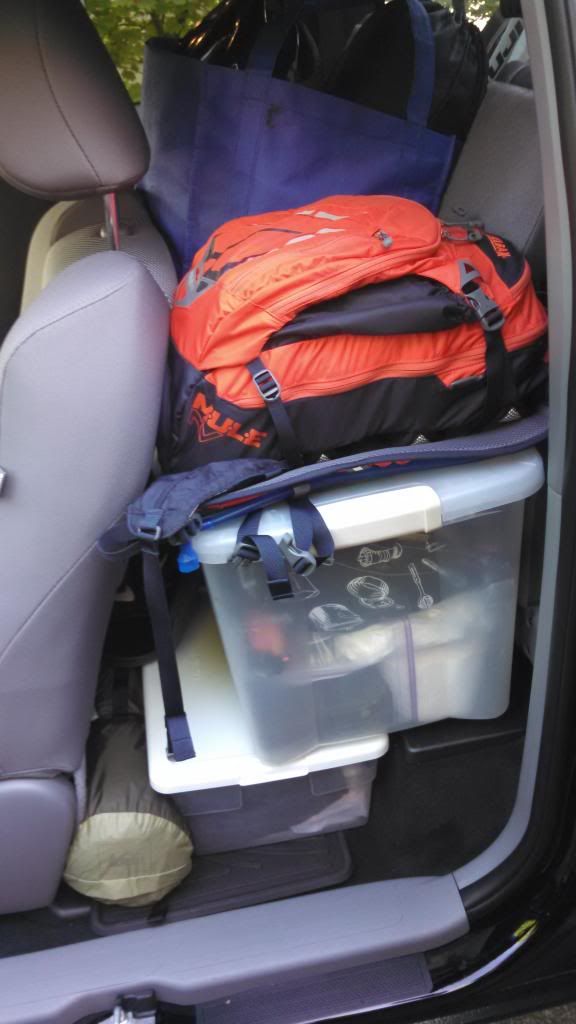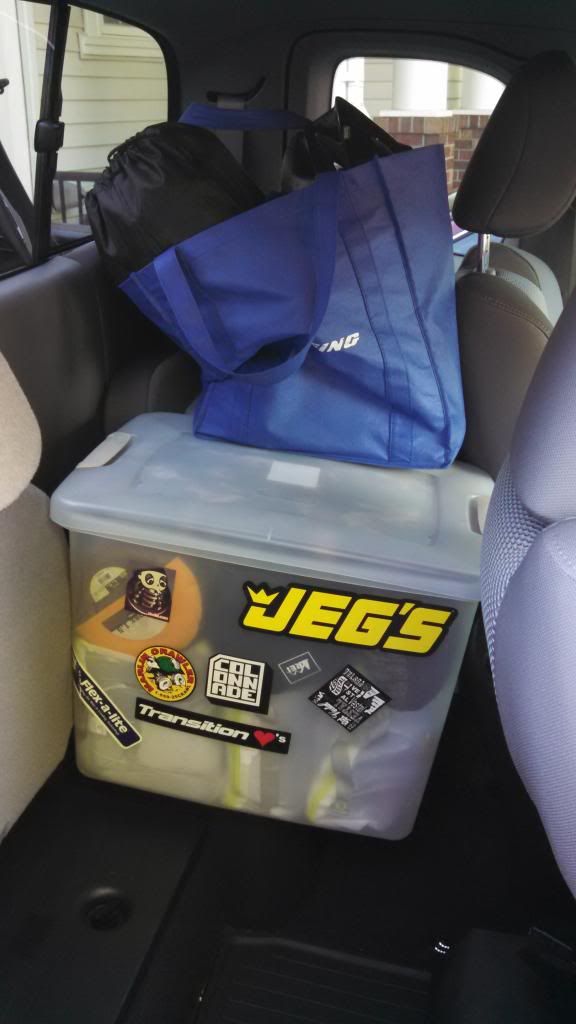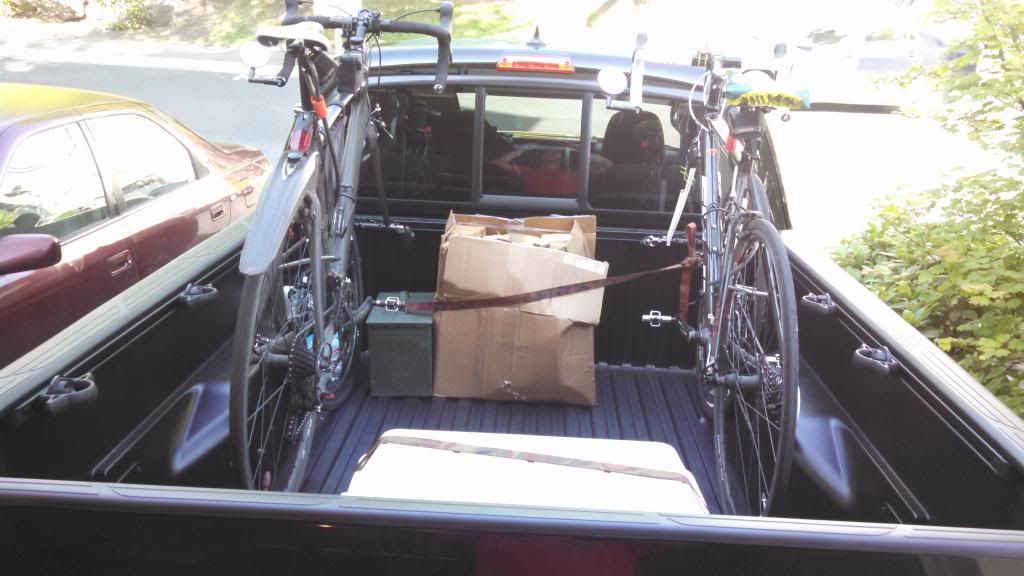Lucky j
Explorer
Same as mentioned before.
I would even add this to the exercise:
If you do not have one, borrow an expedition backpack. Pack everything into and atttach to it, including sleeping bag, sleeping pad. If yoy are two, devide the cooking stuff for two bag. Give your self the luxury of keeping the tent out. But remmenber that it usually it would fit around the backpack.
Everything else is just luxury. Then pack the car /truck.
Is should be your base of stuff to bring.
Good luck
I would even add this to the exercise:
If you do not have one, borrow an expedition backpack. Pack everything into and atttach to it, including sleeping bag, sleeping pad. If yoy are two, devide the cooking stuff for two bag. Give your self the luxury of keeping the tent out. But remmenber that it usually it would fit around the backpack.
Everything else is just luxury. Then pack the car /truck.
Is should be your base of stuff to bring.
Good luck




